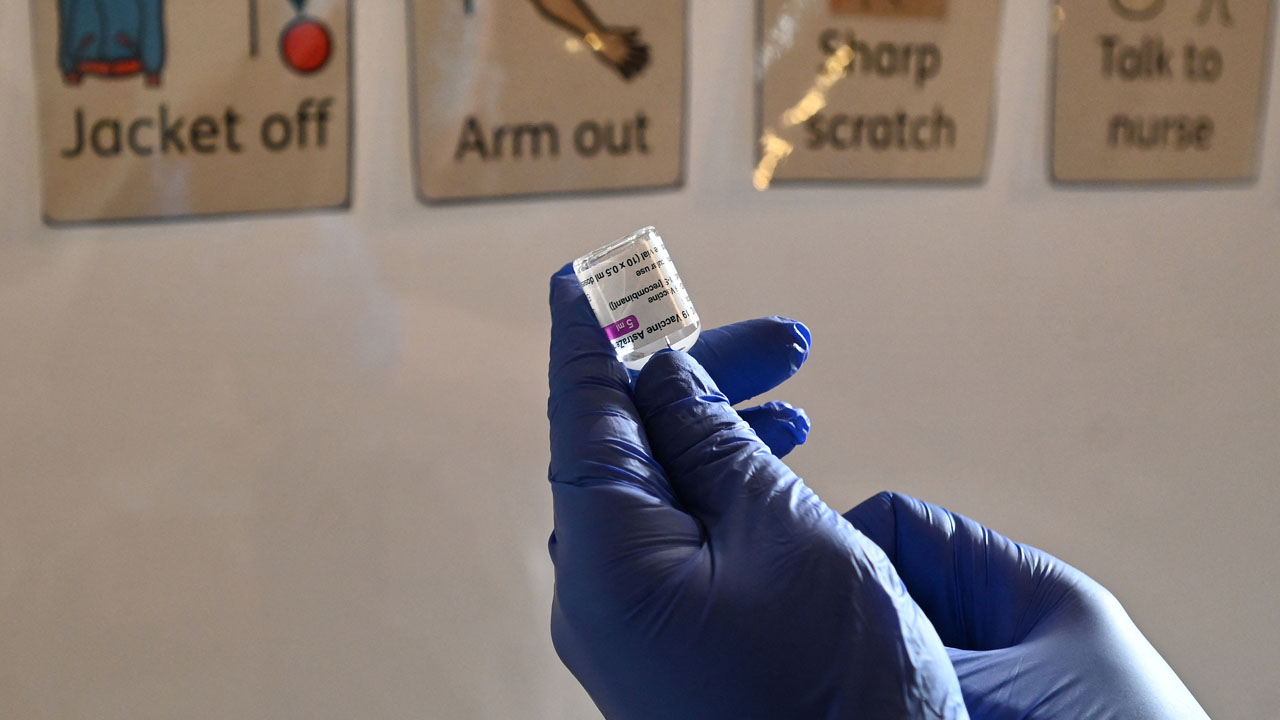
Norwegian health officials reported three more cases of blood clots or brain haemorrhages in younger people who received the AstraZeneca Covid-19 jab, but said they could not yet say they were vaccine-related.
The Norwegian Medicines Agency said similar incidents had been reported in other European countries. While there was no proof of a link to the vaccine, anyone under 50 who felt unwell and developed large blue patches after vaccination should seek medical attention.
The World Health Organization said no causal link had been established between the vaccine and blood clotting after Denmark, Norway and Iceland on Thursday temporarily suspended the use of the vaccine over concerns about patients developing post-jab blood clots.
A number of other countries have also suspended use of vaccines from one batch.
The manufacturer and Europe’s medicines watchdog have meanwhile insisted that the vaccine is safe.
Denmark was first to announce its suspension, although it stressed that the move was precautionary, and that “it has not been determined, at the time being, that there is a link between the vaccine and the blood clots”.
On Saturday, the Norwegian Medicines Agency said it had “received several adverse event reports about younger vaccinated people with bleeding under the skin (tiny dots and /or larger blue patches) after coronavirus vaccination.
“This is serious and can be a sign of reduced blood platelet counts,” it said.
“Today, we received three more reports of severe cases of blood clots or brain haemorrhages in younger people who have received the AstraZeneca vaccine. These are now receiving hospital treatment,” it added
Geir Bukholm, director of Infection Control and Environmental Health at the Norwegian Institute of Public Health, said that following the decision to suspend the jab, it was now “the Norwegian Medicines Agency’s role to follow up on these suspected side effects and take the necessary measures”.
AstraZeneca, an Anglo-Swedish company which developed the vaccine with Oxford University, has defended the safety of its product.
“The safety of the vaccine has been extensively studied in phase III clinical trials and peer-reviewed data confirms the vaccine has been generally well tolerated,” a spokesman for the group told AFP.






